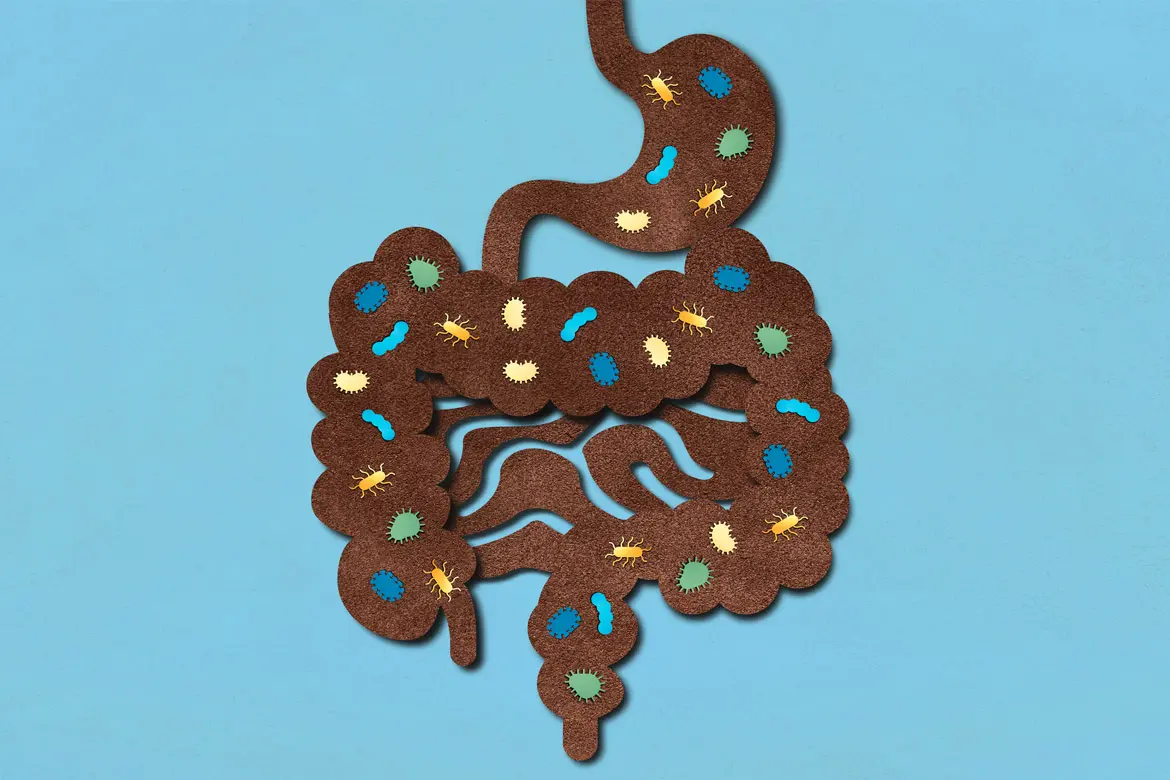Dr Ong Eng Hui David
Gastroenterologist


Source: Getty Images
Gastroenterologist
Getting a poop transplant might make your stomach turn, but did you know it can save lives?
A poop transplant, medically known as a faecal microbiota transplant (FMT) or gut microbiome transplant (GMT), can treat various medical conditions, including Clostridioides difficile (C. diff) infection, gastroenterological and neurological conditions. This medical treatment is effective because it can alter someone’s gut microbiome, which is directly linked to overall health.
The gut microbiome is a diverse community of microorganisms, including bacteria, viruses, fungi, and other microscopic living things that inhabit our gastrointestinal tract. These microorganisms are pivotal in our health and well-being, influencing many bodily functions such as digestion, metabolism, and immune response.
Various lifestyle factors heavily shape the microbiota in our gut, the foremost being our diet. Lifestyle factors such as physical activity, sleep, and stress levels also shape our gut microbiome.
Some describe the gut microbiome as an endocrine organ because it can produce hormones, neurotransmitters, and immune signals. Research into the gut microbiome has burgeoned over recent years, uncovering its profound impact on various aspects of our health.
The microorganisms within our gut can affect nutrient and drug metabolism, protect against pathogens, and modulate our immune system. Additionally, the gut microbiome can influence our central nervous system, an interaction commonly called the gut-brain axis, impacting aspects like mood and behaviour.
A balanced gut microbiome is integral to maintaining health, while disturbances in this microbial community, often called dysbiosis, can be associated with various health issues, from gastrointestinal conditions and obesity to impacts on mental health.
There is ongoing research to explore the therapeutic potential of manipulating the gut microbiome, such as through using probiotics, prebiotics, and faecal microbiota transplantation, to mitigate disease and optimise health.
In fact, a faecal microbiota transplant (FMT) can be a life-saving treatment for some.
Most notably, a faecal microbiota transplant can save lives by effectively treating severe, recurrent Clostridioides difficile (C. diff) infections. These infections can lead to watery and sometimes bloody diarrhoea, severe dehydration, fever, nausea and more, making it life-threatening.
Getting started on a course of antibiotics such as vancomycin is usually the first treatment option for C.diff infections. However, this isn’t always effective because antibiotic treatment does not address the dysbiosis that caused the C. diff growth and infection, which is where FMT can come into play.
FMT has shown great clinical success as an effective treatment option in cases of recurrent, severe C. difficile infections, with a 95% success rate. It’s effective because it can restore a patient’s gut microbiome with increased diversity and abundance of probiotic bacteria.
There is a great interest in researching additional therapeutic effects of FMT. It has shown potential in treating various other medical conditions, such as autism, obesity, Crohn's disease, multiple sclerosis, and much more.
A faecal microbiota transplant is safe for several reasons, the first being that poop donors are stringently screened. They are put through an in-depth medical background assessment, physical examination, blood tests, and faecal examinations before being deemed fit to be a poop donor.
On top of this, the poop is handled with the utmost safety and care end-to-end, from storage to processing to the transplant.
In our hospital, the preferred method of conducting FMT is through a colonoscopy. This method allows optimal placement of the donor microbiome at the desired engraftment location. It is also a safe transplantation method since a colonoscopy involves minimal risk.
If you are experiencing gastrointestinal issues or want to discuss how faecal microbiota transplantation might be able to help with your medical condition, speak to a gastroenterologist today.